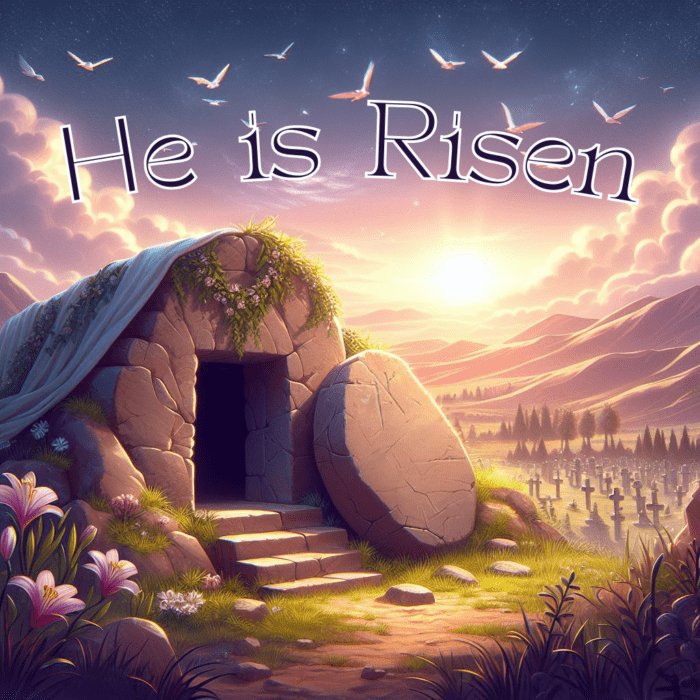Why is Easter Always on a Different Day?
Growing up I was always perplexed by the fact that Easter was always on different days of the year. In contrast to Christmas, which always takes place on December 25 no matter the year, Easter always seemed to change—sometimes significantly! Some years it is in March, sometimes in April. How is one to make sense of it all?
Believe it or not, the changes to the date of the Easter celebration are not random. There is actually an ancient reasoning behind the date changes. For example, if you compare all of the possible dates for Easter, you will observe that Easter can occur on any Sunday March 22 through April 25. Why between those dates?

Easter and the Council of Nicaea
The rational behind the dating of the Easter celebration can be traced back to 325 AD, when the Council of Nicaea decreed that Easter was to be celebrated on the first Sunday after the first full moon after the spring equinox (which falls on March 21). So after March 21, we are looking for a full moon and then we celebrate on that Sunday (the earliest of which could be March 22)!
Admittedly, these rules do seem kind of odd. However, the reason the Council of Nicaea took up the issue, was because for the first couple centuries many churches would celebrate the Resurrection on the Sunday closest to the Jewish Passover. However, the problem was that sometimes there was disagreement between the two closest Sundays in question. Furthermore, some churches would celebrate Easter on the Passover, even if it was not on a Sunday. Christianity was enjoying its benevolent status in the Roman Empire, and they desired to have unity among Christians on the day Christians celebrated the Resurrection of Christ.
By the time of the Nicaean council, there was also a large rift between Christian and Jewish communities. Thus, motivated in part by a desire to create further separation from the Jewish community, the council decreed that Easter must always fall on a Sunday (not on Passover). With these stipulations, the first day Easter could be celebrated would be March 22 (although the last time this happened was 1818).
Most people recognize the Council of Nicaea because of influence this council had on the deity of Christ. The Council of Nicaea was intended to settle the dispute and clarify the Church’s understanding of the relationship between God the Father and Jesus Christ. After much debate and discussion, the council adopted the Nicene Creed, which affirmed the full divinity of Jesus Christ as “begotten, not made, of one substance with the Father.”
Although the deity of Christ was the primary issue at hand in the council discussions, a lesser known issue was when the church would celebrate the Resurrection of her Lord. Armed with this newfound knowledge, now you can impress your friends at Easter lunch. Or, perhaps better yet, you now know why there is a revolving date upon which we celebrate the amazing reality that Jesus Christ has risen from the dead as the firstfruits of those who will be raised in the future!
Happy Easter!